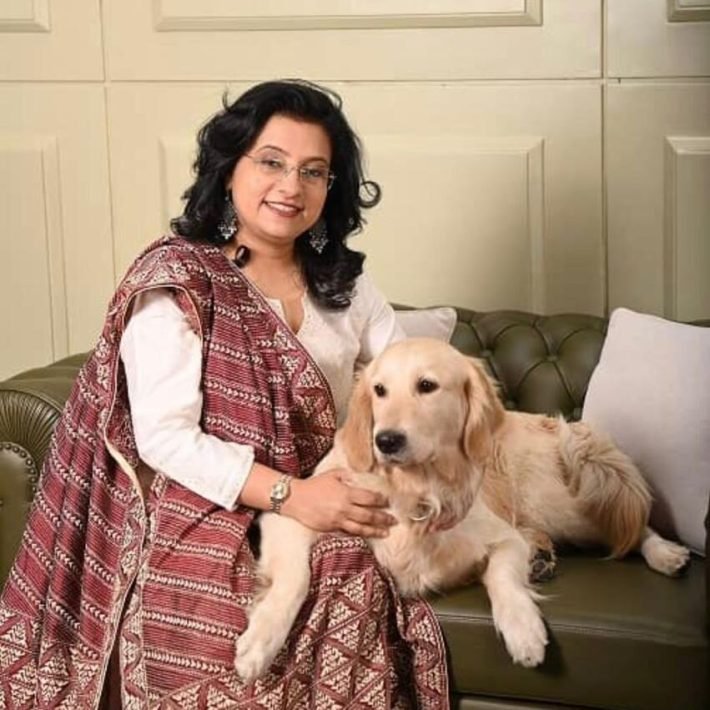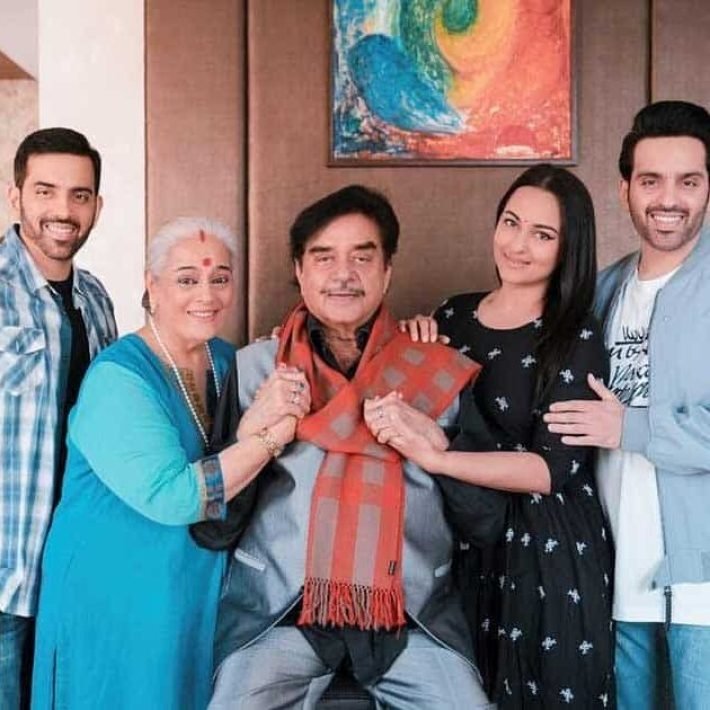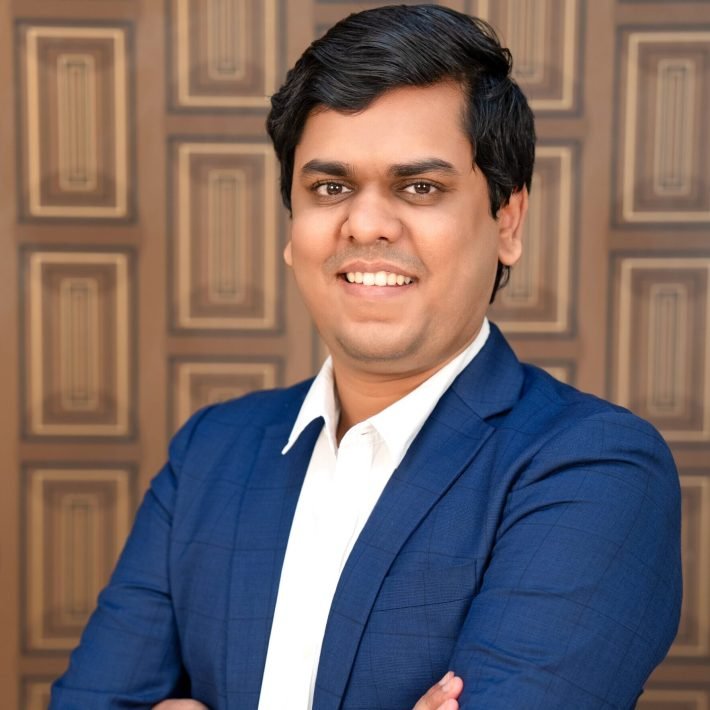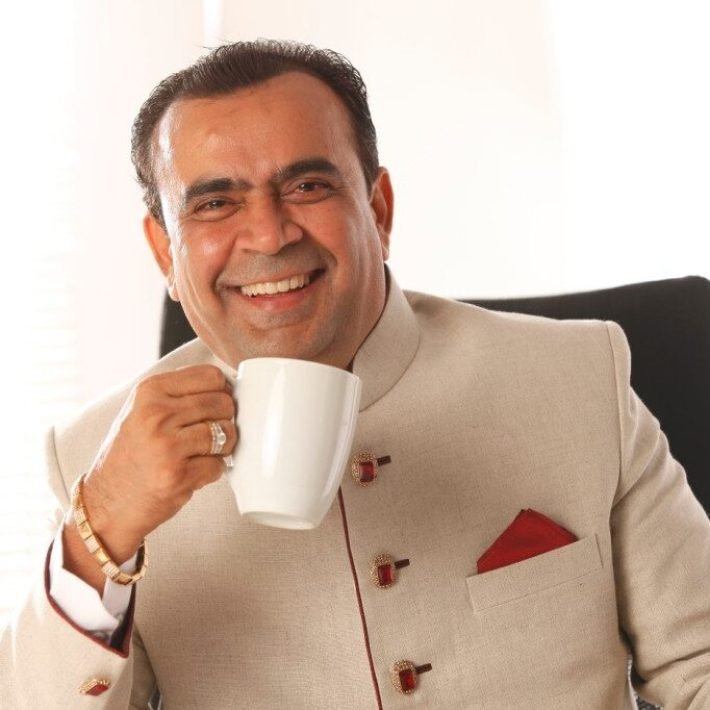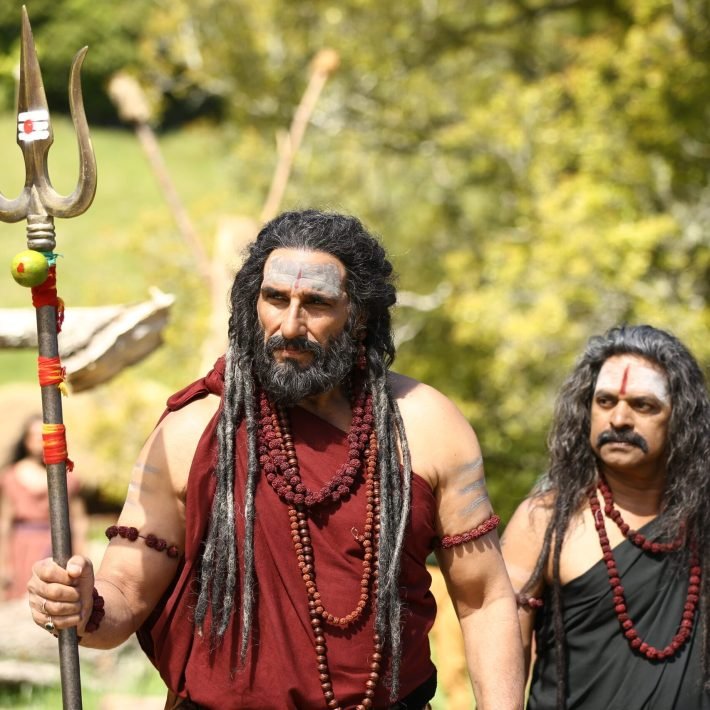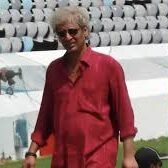Dr Nandita Palshethkar opens up about putting her best foot forward for her patients, and empowering Indian women through IVF.
By Amber Dias
‘Do the best for your patients’ – is the motto that drives Dr Nandita Palshetkar, one of India’s leading In Vitro Fertilisation (IVF) specialists. A pioneer in the field, and Founder & Director of the Bloom IVF Group, she has been lauded for her work in the field of reproductive medicine. Passionate, driven and compassionate, she strives to give her patients the best possible outcome.
We caught up with the spirited doctor to learn a little more about what fuels her passion. Medicine Dr Nandita Palshethkar opens up about putting her best foot forward for her patients, and empowering Indian women through IVF.
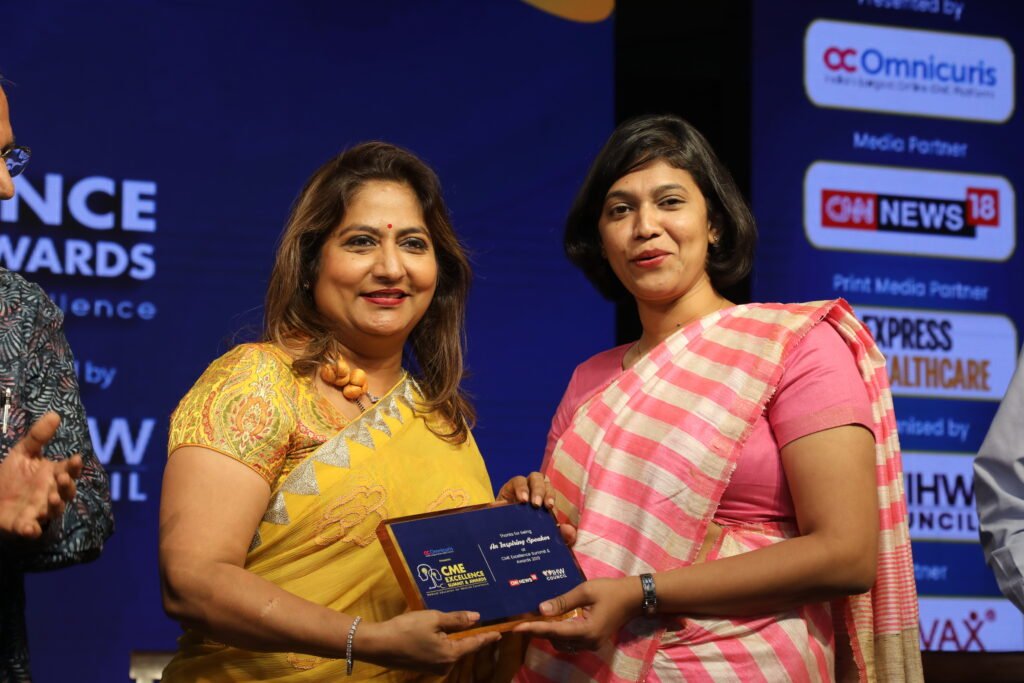
You are one of the pioneers of IVF treatments in India, but can you take us back to where it all started?
During my residency training at JJ Hospital, I was fascinated with IVF technology which had just been introduced in the West. In India, we were working to control our population, so I was torn between contraception and conception. However, I realised that the greatest satisfaction I had was in helping a woman overcome the challenge of infertility and embark on the priceless journey of motherhood. I discovered that IVF was my passion and I began to pursue it sincerely. I was fortunate to train abroad at the best centre in Belgium.
Tell us about the technologies you have introduced in India. How do you stay abreast with the latest developments in your field?
I have introduced many path-breaking technologies in India including ICSI, laser hatching, egg and ovarian tissue freezing, spindle check, embryoscope, NICS, and sperm vitrification devices. In 2012, we installed an embryoscope, the first installation of its kind in Asia. More recently, we installed the most advanced IVF incubator in the world, the Embryoscope 8 from Vitrolife – the first-of-its-kind in India.
This new embryoscope has super-advanced Convoluted Neural Network (CNN)-based artificial intelligence (AI) systems. It will enable our IVF patients to achieve pregnancy at the earliest.
I keep myself updated by reading various international papers and attending conferences. If the technology appears to be beneficial for our patients, we try to obtain it at the earliest.
You have certainly left your mark in the IVF realm. What would you say is your biggest contribution or achievement?
I have been in this field for over 30 years and have delivered many IVF babies. The real achievement though is when these babies come to see me as adults, usually for blessings for their careers and entrance exams, or on completing their graduation or post-graduation. It feels great. Our approach to medicine is constantly evolving.
What are some of these changes you have seen where IVF is concerned?
Yes, times have changed, and technology and protocols have changed. Over time, we have seen the number of IVF patients increase. With new emerging technologies, the expectations of patients have also increased and so has the success rate. These days, IVF is used not only for infertility patients but also for egg freezing and fertility preservation – like in the case of cancer patients who undergo chemotherapy and radiotherapy.
Have the challenges that you had to face evolved too? How do you tackle them?
Of course, there are a lot of challenges in our field. Every case is a challenge in IVF since this is the only field where the success rate is not 100%. So, meeting the requirements of the patients and giving them a healthy child is a big responsibility. My knowledge, my experience, my IVF lab, and, of course, my family have always helped me tackle every case in the best possible way.

We know you approach every patient with the same passion and concern. But is there a particular case that stands out for you?
Yes, every case is very important and we take all of them seriously. However, the case of Diana Hayden was very special to me, not because she is a celebrity, but because she pursued egg freezing for fertility preservation and came forward to speak about it publicly. I felt this case helped generate a lot of awareness among Indian women, letting them know that they have the option to freeze their eggs and do not need to be pressurized into reproduction. After freezing her eggs at age 34, Diana has had three children after turning 40. This case stands out because it has created a lot of awareness and has helped empower women too.
You are no stranger to awards and achievements. However, is there a coveted goal that you have yet to accomplish?
When I started practicing, my goal was to become the best IVF specialist. Now that I have become one of them, I would like to dedicate my life to the upliftment and betterment of women in India. I run a few programmes with various organisations and now I would like to associate with more government bodies and help more women.
The cost of IVF treatments has been an obstacle for many. Tell us about your efforts to make IVF accessible.
My father always said to me, ‘help people in whatever way possible and the world will be yours’. At my centre and department, there are different packages at different prices. We try to offer low costs while still giving patients the benefit of all possible technology to achieve a healthy pregnancy.
There has been a growing concern regarding the decline in fertility rates globally. What is causing this trend?
And what advice would you give potential parents? Poor nutrition, increased BMI, smoking and excessive alcohol and drug use are major factors contributing to infertility. But these factors are controllable, and we see many patients every year, who can conceive with very little assistance once they have made lifestyle modifications. Late marriages and late conceptions are other reasons why we suggest fertility preservation.

My advice for both, people who are concerned about getting pregnant and the general practitioners working with them, is to have a conversation with a professional sooner rather than later. Focus on being as healthy as possible, but also don’t take too long to seek help. We see a lot of people who wait too long to see us, and when it comes to conception, timing is everything.
You are an inspiration to many young doctors who are eager to follow in your footsteps. But who inspires you to keep pushing the bar higher and higher?
My patients, family and students keep me going. My husband, son, daughter-in-law and grandchild have always been my biggest support, in my personal and professional life.
We know how dedicated you are to your work, but who is Dr Nandita Palshetkar off the clock?
I am associated with and have been President in the past and present of organisations related to the IVF field like ISAR, FOGSI, MOGS, IAGE, FIGO, etc, and spend some time working for these organisations and different programmes.

Beyond this, I am a people person and meditation for me is spending quality time with friends and family. I also have a beautiful grandchild, Zuri, with whom I like to spend some time every day. Covid has taught me how to slow down and enjoy time with people I love.
Are there any words of wisdom you would like to share with aspiring IVF specialists?
I believe that each of us has an inner purpose or ikigai – a purpose that we need to seek and follow sincerely. My ikigai is IVF and it instills in me virtues like compassion, care and commitment with the sole purpose to help all achieve health and happiness in life.
Apart from this, I would advise working hard to get the best for patients, and being ethical in practice.

